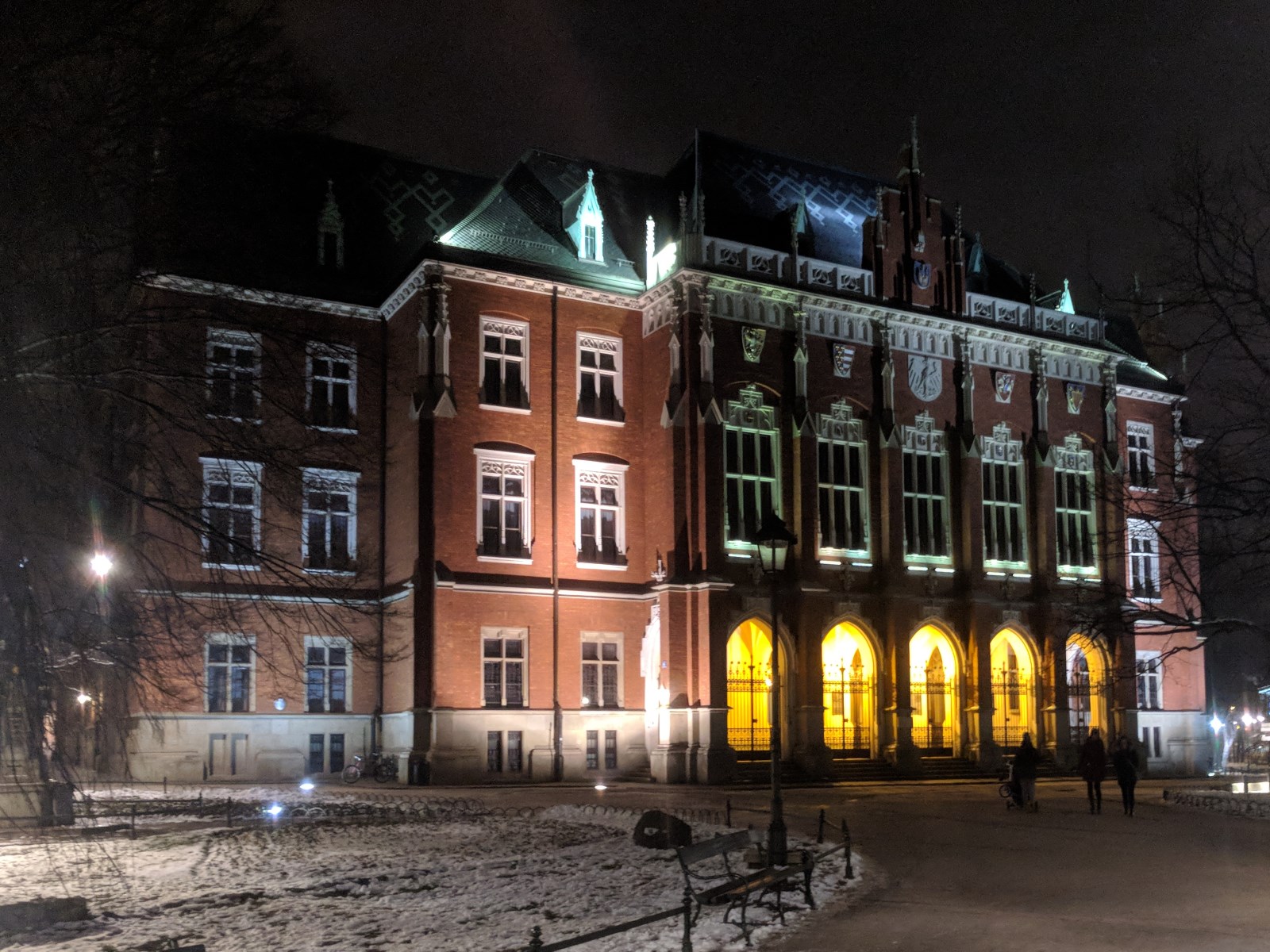
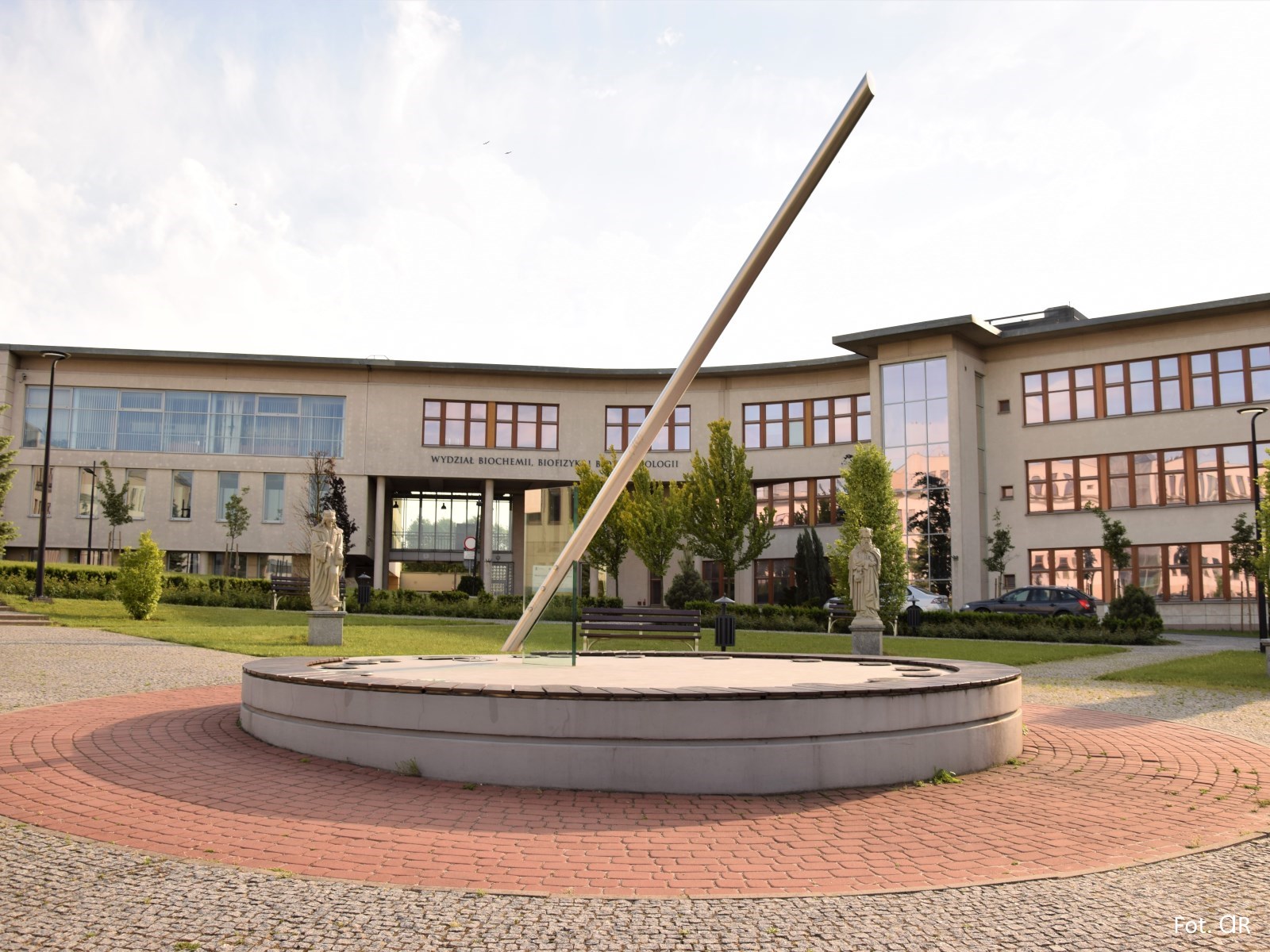
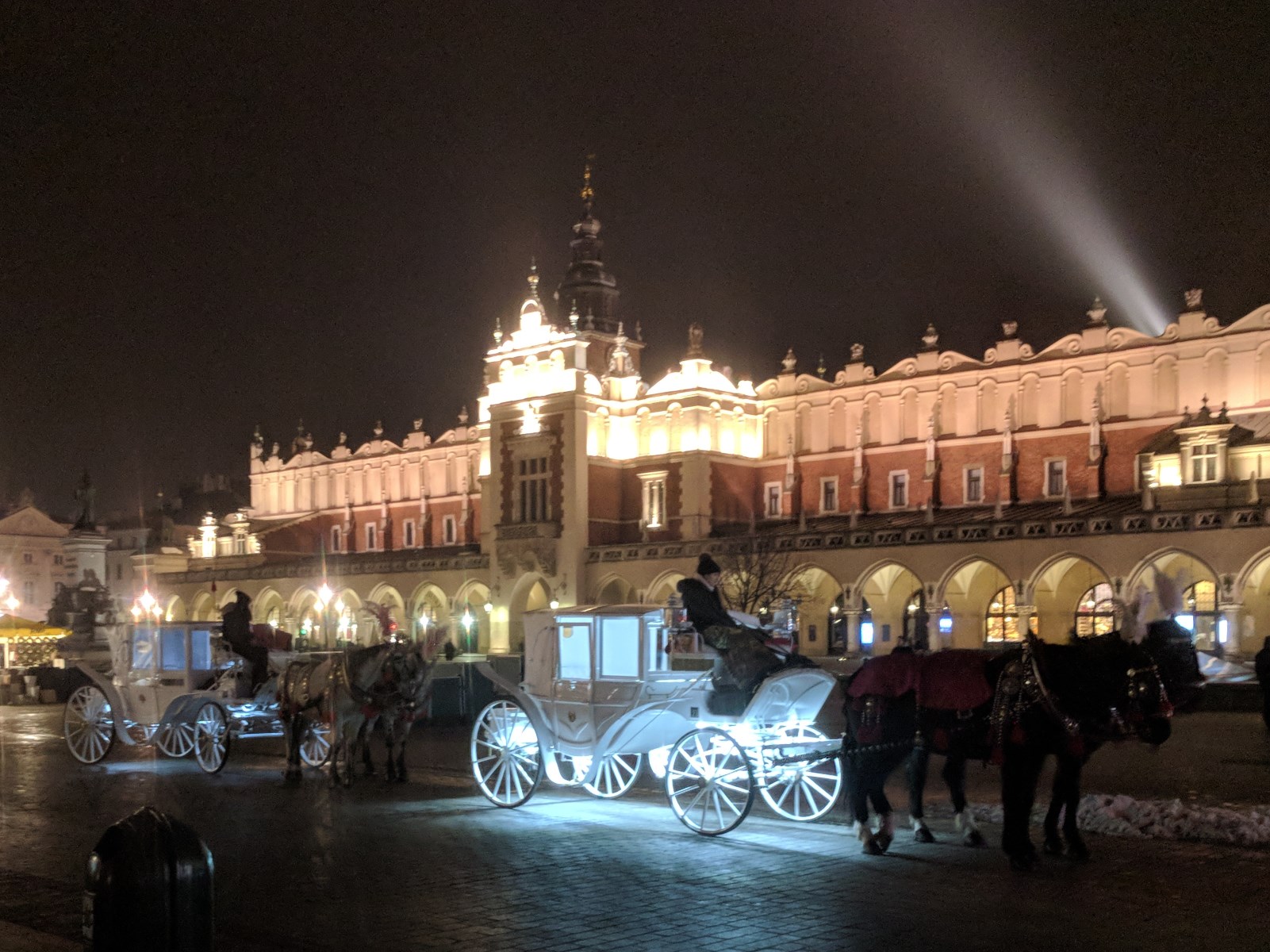
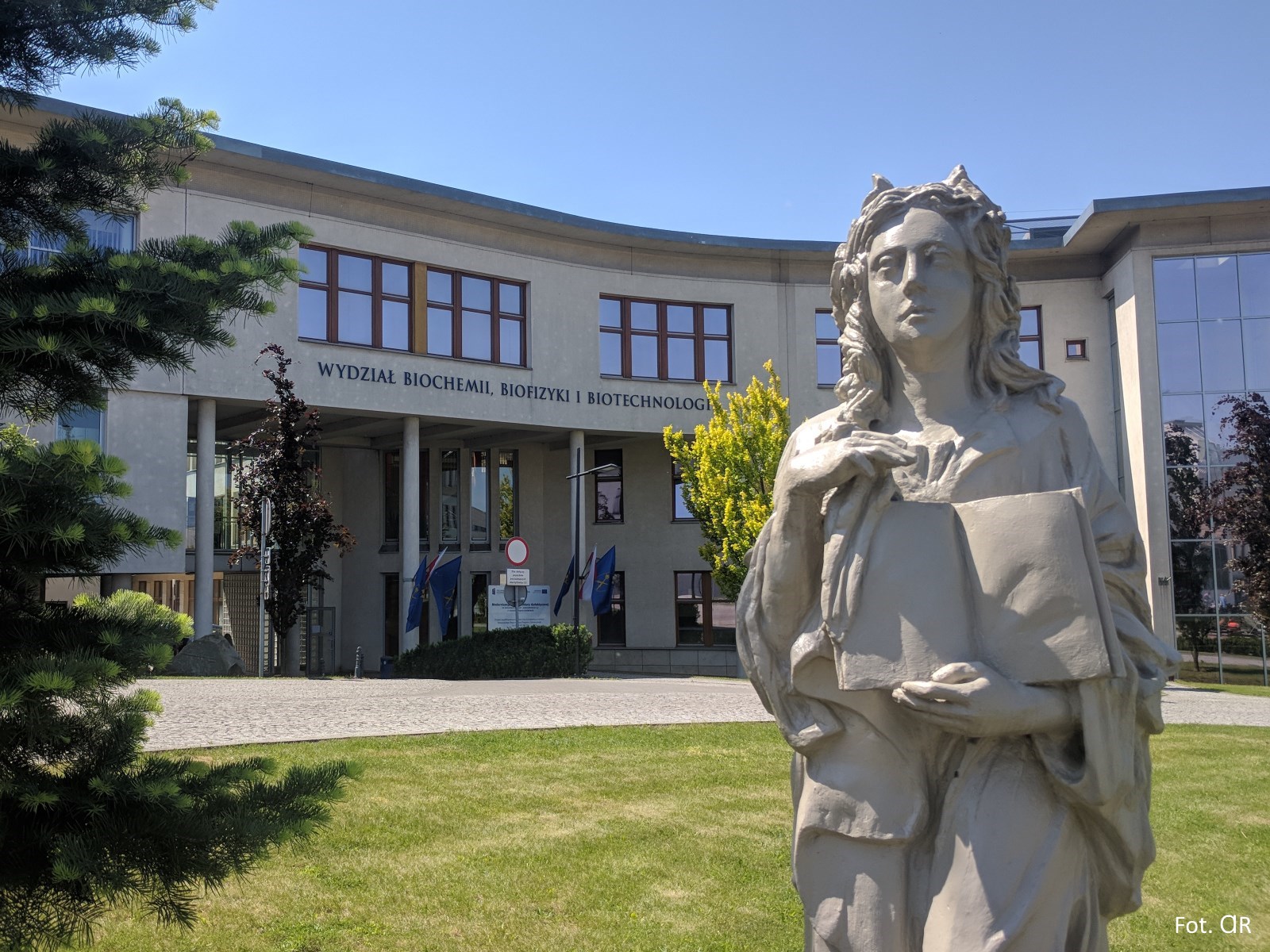
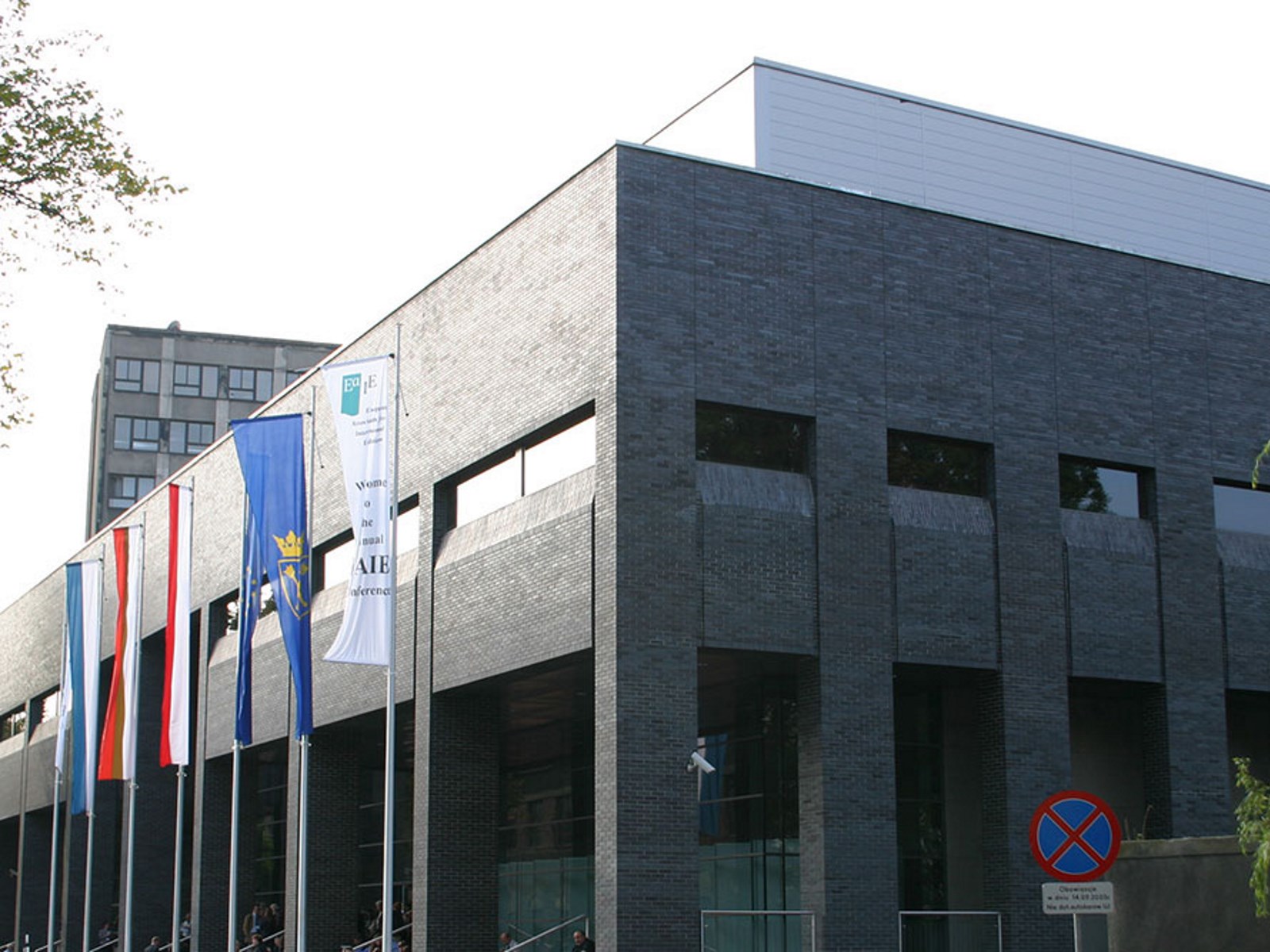
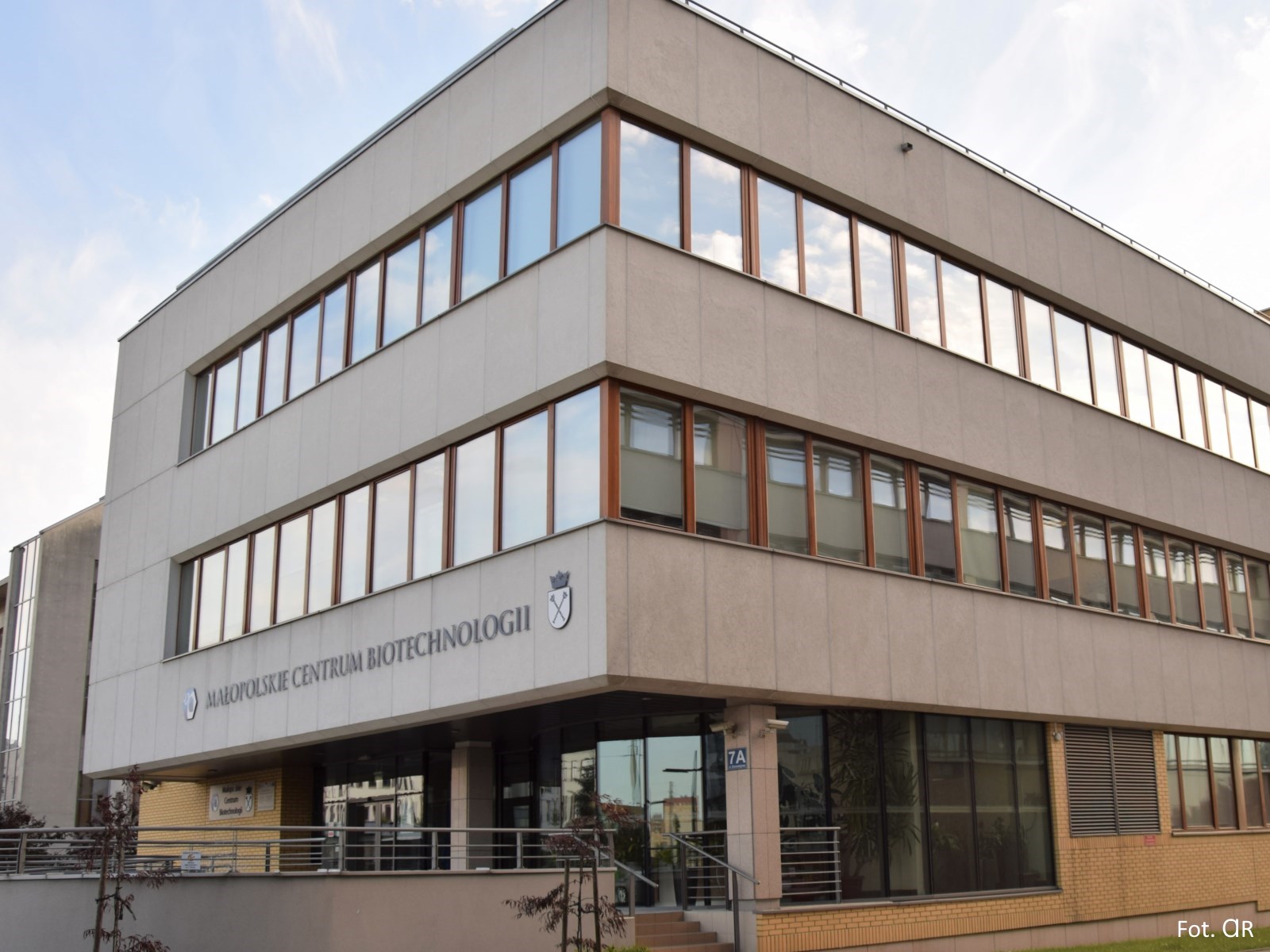
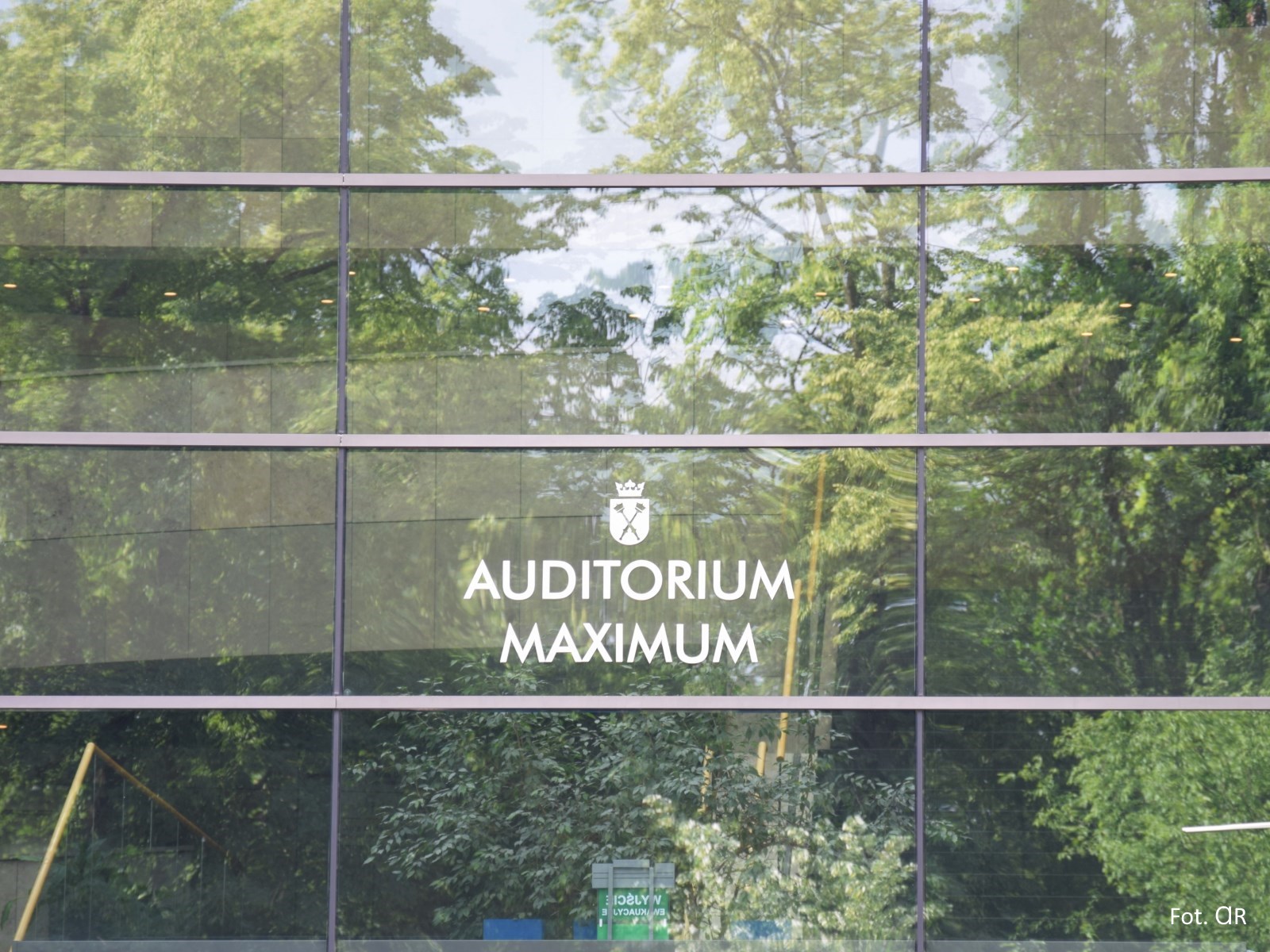
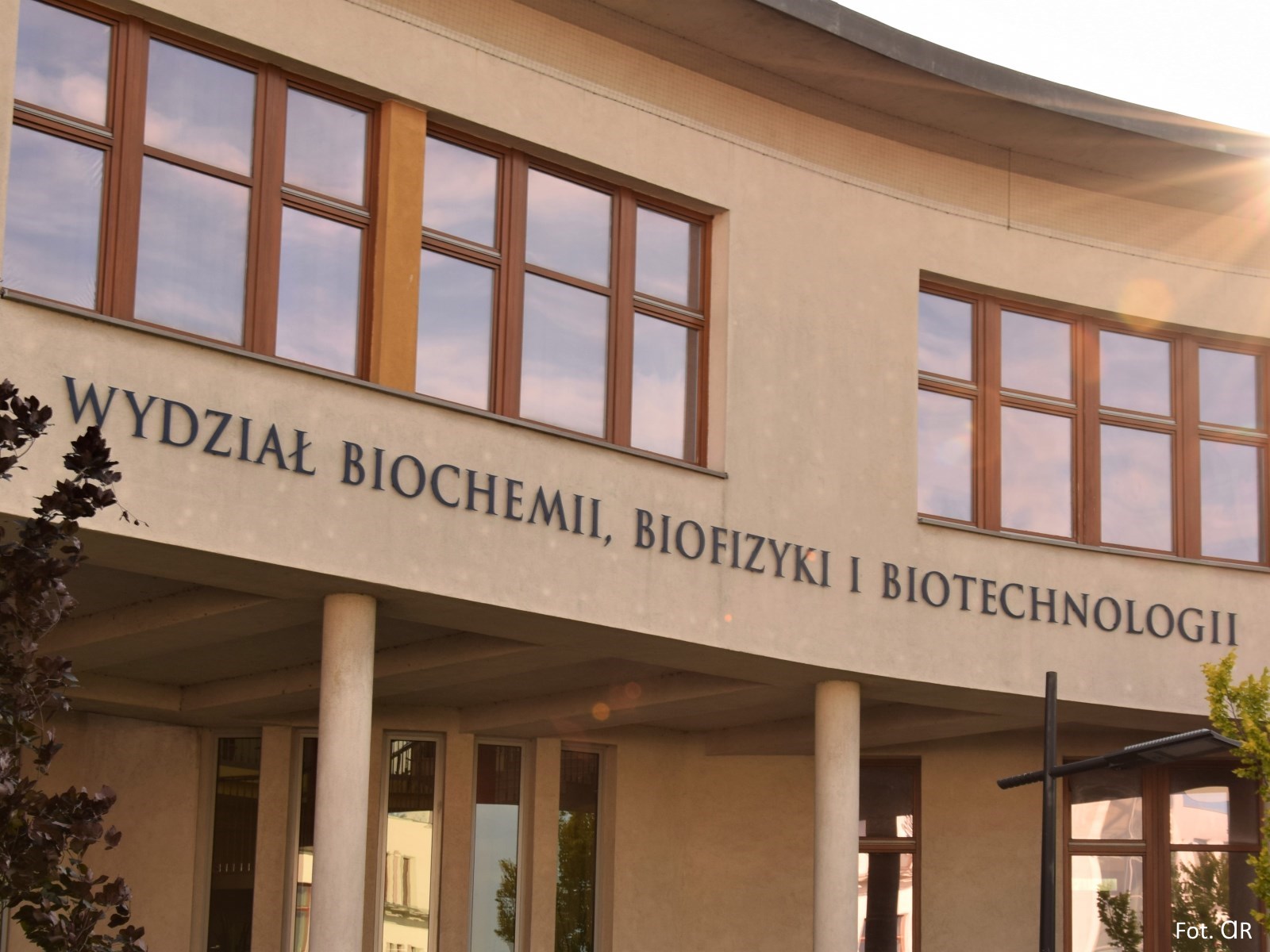
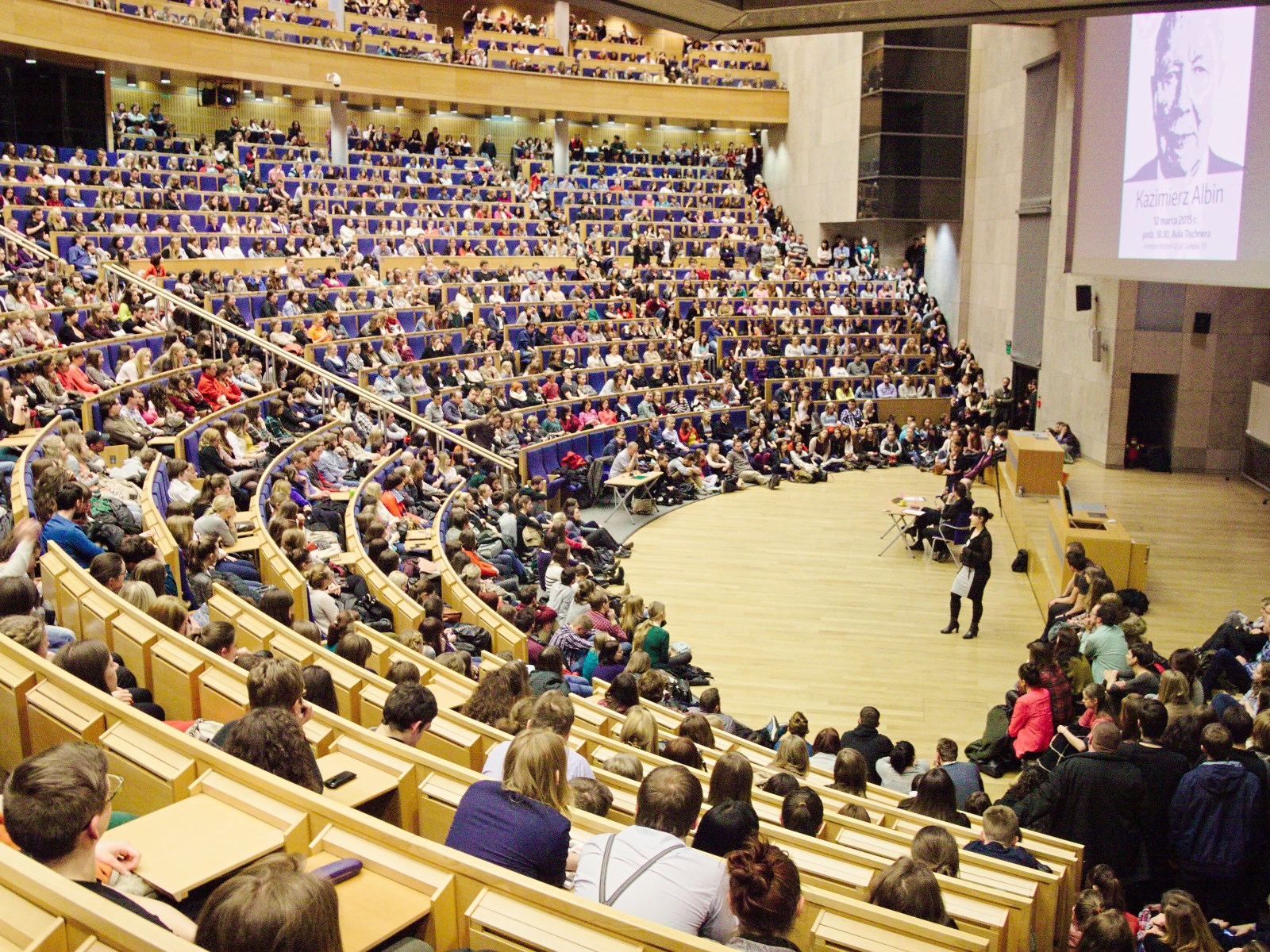
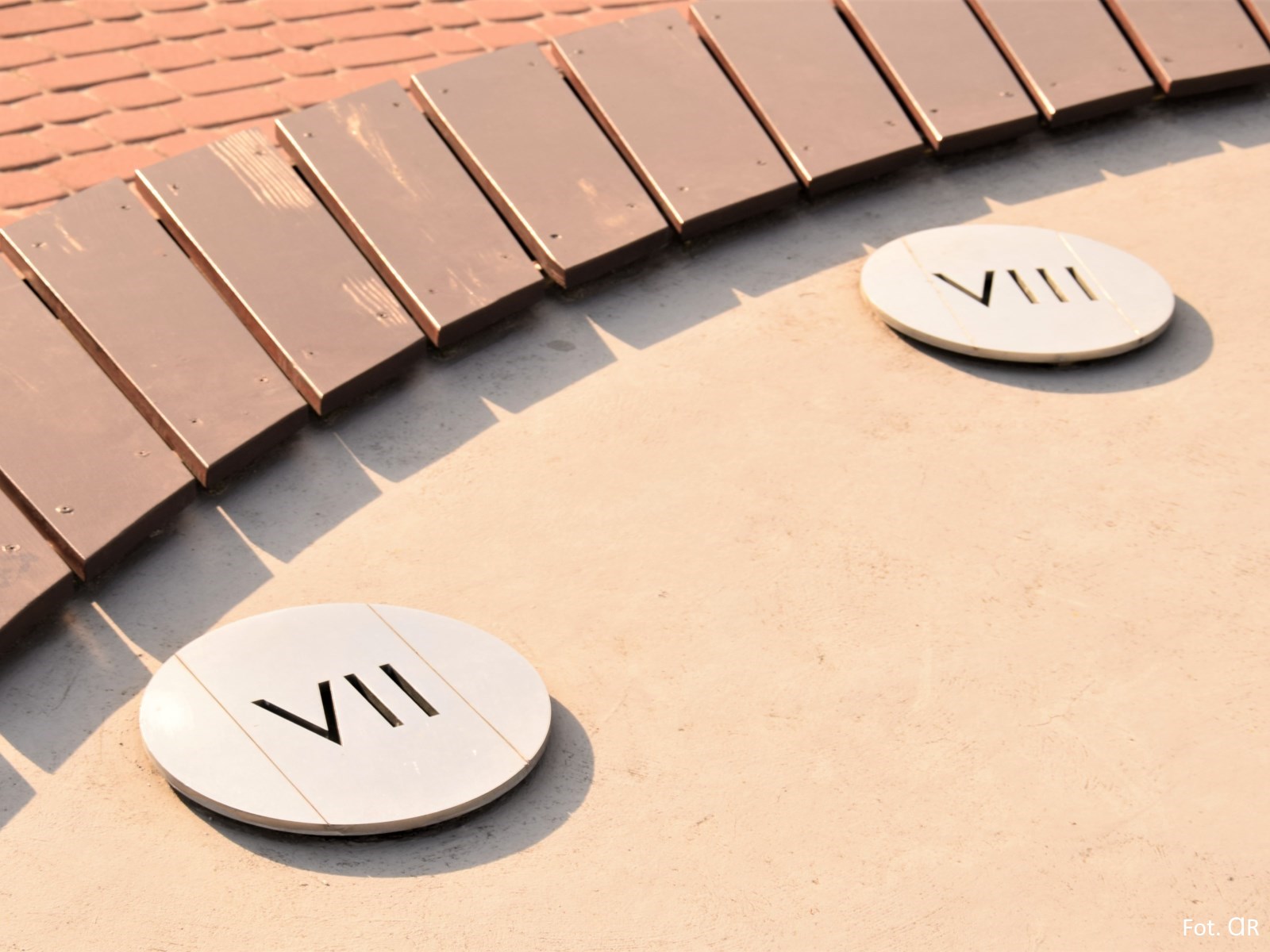
We are pleased to announce and invite you to participate in the international conference: Assisted Reproduction Technologies - long term perspectives, taking place in the didactic centre of the Faculty of Law and Administration of the Jagiellonian University in Cracow, September 7-8, 2018.
The aims of the conference: Assisted Reproduction Technologies - long term perspectives are to explore new horizons and address up-to-date scientific developments in reproductive biology, find areas for future scientific and clinical collaboration, and spread education on Assisted Reproductive Technology.
It is a unique meeting bringing together leading experts, scientists, clinicians to provide a comprehensive overview on various aspects of Reproductive Medicine and Epigenetics.
I wish you the constructive debates and relaxing free time in unique environment of The Royal City of Kraków (http://goforpoland.pl/en/show/the-royal-city-of-krakow.html).
Grażyna E. Ptak

Project Coordinator
The conference is organized within the project H2020-TWINN-2015. This activity received funding from the European Union’s Horizon 2020 Research and Innovation Programme under GA No 692185 (Acronym ERAofART, budget: 1 182 500,00 Euros).
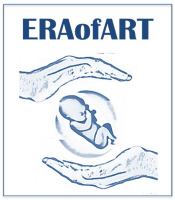

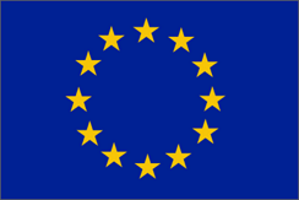
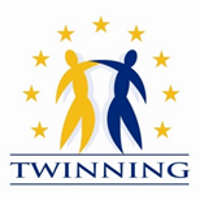
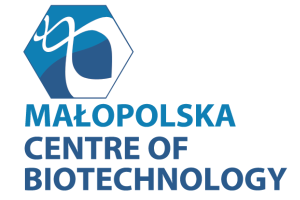
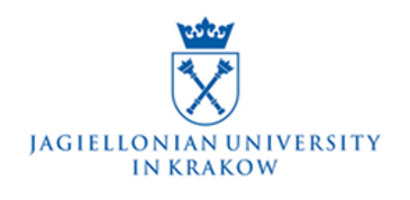

Grażyna Ptak – Jagiellonian University in Cracow

Zbigniew Polański – Jagiellonian University in Cracow

Wojciech Branicki – Jagiellonian University in Cracow

Paweł Łabaj – Jagiellonian University in Cracow
| Director of IGAB, PAS | Jarosław Horbańczuk – Institute of Genetics and Animal Breeding of the Polish Academy of Sciences – Coordinating Institution |
|---|---|
| Work packages and Task Leaders | Grażyna Ptak – Małopolska Centre of Biotechnology, Jagiellonian University in Cracow and Institute of Genetics and Animal Breeding of the Polish Academy of Sciences |
| Wojciech Branicki - Małopolska Centre of Biotechnology, Jagiellonian University in Cracow | |
| Thomas Haaf - University of Würzburg | |
| Cyprian Tomasik - Institute of Genetics and Animal Breeding of the Polish Academy of Sciences | |
| Federica Zacchini - Małopolska Centre of Biotechnology, Jagiellonian University in Cracow | |
| International Advisory Board | Luca Gianaroli, S.I.S.Me.R, Bologna, Italy |
| Pasquale Patrizio, Department of Obstetrics and Gynecology, Yale Fertility Centre, Yale School of Medicine, USA | |
| Paweł Radwan, GAMETA Hospital. Łódź, Poland | |
| Laura Rienzi, GENERA, Centre for Reproductive Medicine, Roma, Italy | |
| Roman Smolarczyk, Princess Anna Mazowiecka University Hospital, Warsaw, Poland | |
| Sławomir Wołczyński, Medical University of Bialystok |
9.30 Welcome

9.45 Opening

10:00-13:00 Session 1: ART safety – from science to practice




11.30-12.00 Coffee break and poster session


13.00-14.00 Lunch break
14:00-16:00 Session 2: High-throughput genome analyses in studies of reproductive health





16.00-16.30 Coffee break and poster session
16.30-17.30 Short communications – selected from submitted abstracts
17.30-18.30 ERAofART – Advisory Board and Steering Committee Meeting
18.30-19.00 General Assembly of the project ERAofART (H2020-TWINN-2015)
19.30 Gala dinner at the Franciscan Monastery (located at the city center)
10:00-13.00 Session 3: (A)symmetry and polarity in mammalian embryo development




11.30-12.00 Coffee break and poster session


13.00-14.00 Lunch break
14.00-15.00 Short communications – selected from submitted abstract
15.00-17.00 Session 4: Focused workshop: flow cytometry -“all-in-one” diagnostic tool in andrology
Interactive session with targeted audience in an informal atmosphere to enhance knowledge exchange and cooperation with practitioners



17.00 Closing ceremony
Practical training
For further info and program please contact organizers: Grażyna Ptak (g.ptak@uj.edu.pl) and Wojciech Branicki (wojciech.branicki@uj.edu.pl)
Participants are encouraged to submit an abstract for review by the Scientific Committee. The Committee reserves the right to select the abstracts relevant to the Congress Program. The Committee will accept a maximum 2 abstract for poster display per presenting author. Abstracts will be included in the final schedule only on receipt of registration.
Before you begin, please prepare the following information:
Please note: Abstracts cannot exceed 250 words.
Be sure that all changes, corrections and proofreading have been carried out before submitting.
Please send abstract to Dr. Federica Zacchini - federica.zacchini@uj.edu.pl - mentioning your name and abstract title.
Abstract Submission: August 15, 2018